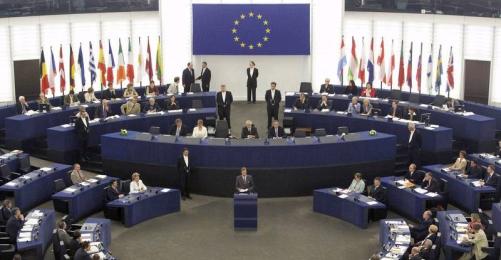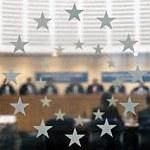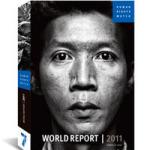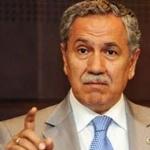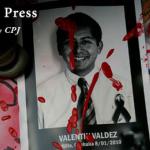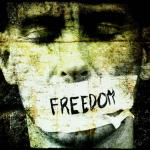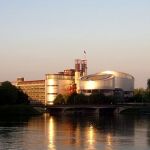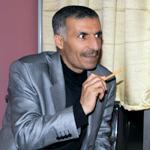The Turkey report discussed by the European Parliament (EP) in its Tuesday session (8 March) contains harsh criticism on press freedom, fair trials and prolonged periods of detention.
The report will be presented to the European Parliament in Strasbourg/France today (9 March) as a draft resolution to be approved. It states that press freedom and freedom of expression in Turkey have "worsened in a worrying manner"
The report openly reflects concern about press freedom in the Turkish media, censorship and auto-censorship. It calls for recognizing principles of press freedom.
New law "fuels concern"
According to the European Parliament, the new law on radio and television broadcasts "fuels concern" since it gives way to the possibility to stop certain broadcasts on behalf of "national security" without a related court decision or the directive of a prosecutor.
The report also includes criticism on investigations launched about journalists who are reporting on violations of human rights. "This is one of the most fundamental restrictions of the protection of human rights in Turkey", it reads.
According to the report, Articles 301, 318 and 220 of the Turkish Criminal Law (TCK) and Article 7/2 of the Anti-Terror Law (TMK) constitute restrictions of freedom of expression. These articles concern "Insulting the Turkish People, Republic of Turkey and Governmental Institutions and Bodies", "alienating the public from military service", "Establishing organizations for the purpose of criminal activity" and "assisting members of illegal organizations or making propaganda in connection with such organizations" respectively.
Moreover, the European Parliament condemned bans of internet sites and underlined the inevitability of fulfilling the legal requirements defined by European Convention on Human Rights and the European Court of Human Rights (ECHR).
"Lack of conditions for fair trial"
The European Parliament pointed out a lack of suitable conditions for a fair trial and appropriate trial periods. The international body expressed concern about prolonged periods of detention in the scope of the Ergenekon and Sledgehammer cases, two major trials on coup plots. The parliament demanded a "de facto assurance for justice" for all suspects.
Also the decision to extend the maximum period of detention before conviction regarding offences against the constitutional order of the Court of Appeals to ten years was criticized in the draft report.
"Actual murderers of Dink have not been revealed"
Furthermore, the European Parliament deplored that the actual murderers of Turkish-Armenian journalist Hrant Dink have not been revealed despite the according decision of the ECHR on 14 September 2010. The parliament "is concerned about obstacles created by elements from within the Turkish state".
In addition, the draft report condemns disproportionate police force imposed on students of the Ankara University in December 2010. According to the report, Turkey does not respect freedom to association and assembly.
The report also touches upon the Kurdish question. The Turkish government is requested to show new efforts within the framework of a democratic initiative for a peaceful solution of the Kurdish question. The KCK trial is evaluated as a "violation of legal political activities". Numerous pro-Kurdish politicians and human rights defenders stand accused of an alleged affiliation with the Union of Kurdistan Communities (KCK) as the umbrella organization that includes the militant Kurdistan Workers' Party (PKK). (AS/VK)





